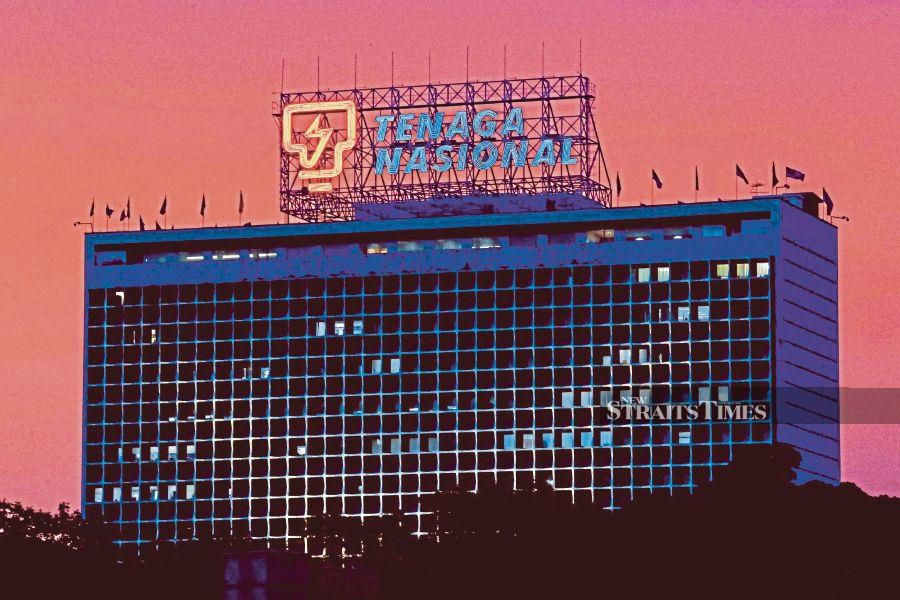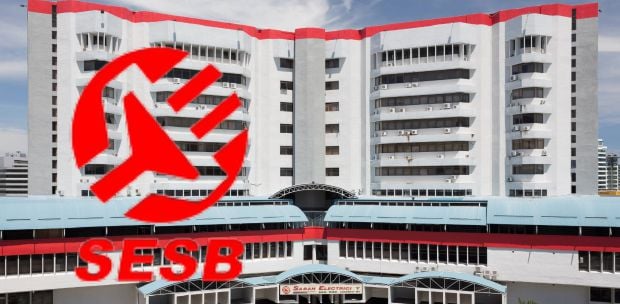KUALA LUMPUR: The announcement on an electricity tariff surcharge of 3.7 sen per kilowatt-hour (kWh) for non-domestic users from February to June has not gone down well with traders, who are still struggling to get back on their feet.
According to several associations, now is not the right time to impose the surcharge on commercial users, as many are still recovering from losses incurred during the various movement control order (MCO) phases since March 18, 2020.
The Malaysian Muslim Restaurant Owners Association (Presma) president Datuk Jawahar Ali businesses have just started to breathe and still struggling to recover losses due to the numerous MCO.
"At this point, our concern is not much on profit, but if we can break even is good enough.
"However, during this pandemic, our industry (food and beverages) is using more electricity and water as we are sanitising our outlets more frequently than before.
"We use the boiler for hot water and it uses electricity too, along with toilets which are regularly cleaned to safeguard the safety of our customers and workers.
"Even workers' accommodations are also sanitised which eventually add up to the cost.
"(And) with the sudden hike in raw materials especially essential items like chicken, eggs and cooking oil, we are afraid that it will also increase our operational cost, which eventually might be translated into an unavoidable increase in food prices.
"As such, we at Presma sincerely hope that our prime minister (Datuk Seri Ismail Sabri Yaakob) will step in to postpone the increase to 2024, where we expect that the situation to return to normal," he said when contacted.
On Friday the government announced that it would maintain the electricity tariff for domestic users in Peninsular Malaysia at 39.45 sen per kWh and consumers will continue to enjoy a rebate of two sen per kWh without any surcharge.
However, a surcharge of 3.7 sen per kWh will be imposed on commercial and industrial sectors for the February to June period.
It is estimated that more than 1.6 million commercial and industrial users will be paying up to nearly 20 per cent more for electricity following the new surcharge.
Jawahar's sentiment was echoed by Kuala Lumpur Bumiputera Traders and Hawkers Association president Datuk Seri Rosli Sulaiman, who said the move would only further burden traders and hawkers.
"I cannot understand the rationale of imposing a surcharge on commercial users when many traders are still struggling to stay afloat with lesser income and depleting savings.
"What the government should continue doing right now is to assist businesses until normalcy returns and not increase the hike in electricity tariff surcharge."
He added the move also has an adverse impact on consumers as it would be difficult for businesses to absorb it without passing it partially to consumers.
The Federation of Malaysian Manufacturers (FMM) president Tan Sri Soh Thian Lai had also on Friday (Jan 28) said that now is not the right time to review electricity tariffs, especially for the manufacturing sector.
"While we were grateful for the one-year extension where the base tariff and Imbalance Cost Pass-Through (ICPT) rebate were maintained throughout last year, FMM is of the view that this is not the right time to impose any upward revision in tariff.
"These as many industries are still in a vulnerable position now as they continue to recover from the Covid-19 pandemic and the impact that it has had on their sustainability," he said in a statement.
Soh also said that FMM was disappointed that it was not engaged given the present circumstances and the difficulties faced amidst the current Covid-19 operational challenges and risks that are still looming with the highly contagious Omicron variant.
"As it is now, industries are already struggling with inflationary pricing on almost all business costs and would struggle more to deal with higher prices of energy which
would also have a cascading effect on other cost items especially raw materials that may further increase inflation.
"If operation costs continue to increase, manufacturers may need to make some adjustments to their operational costs either by increasing the product prices which is the last resort due to the competitive market or other cost rationalisation strategies such as reducing administrative and personnel expenses including freezing hiring which would derail business recovery efforts.
"Manufacturers' ability to absorb higher operational costs in this current fragile period is very limited."
Soh said FMM appeals to the government to defer any upward increase in electricity tariff preferably until the global supply chain constraint has eased and the commodity prices normalise.






